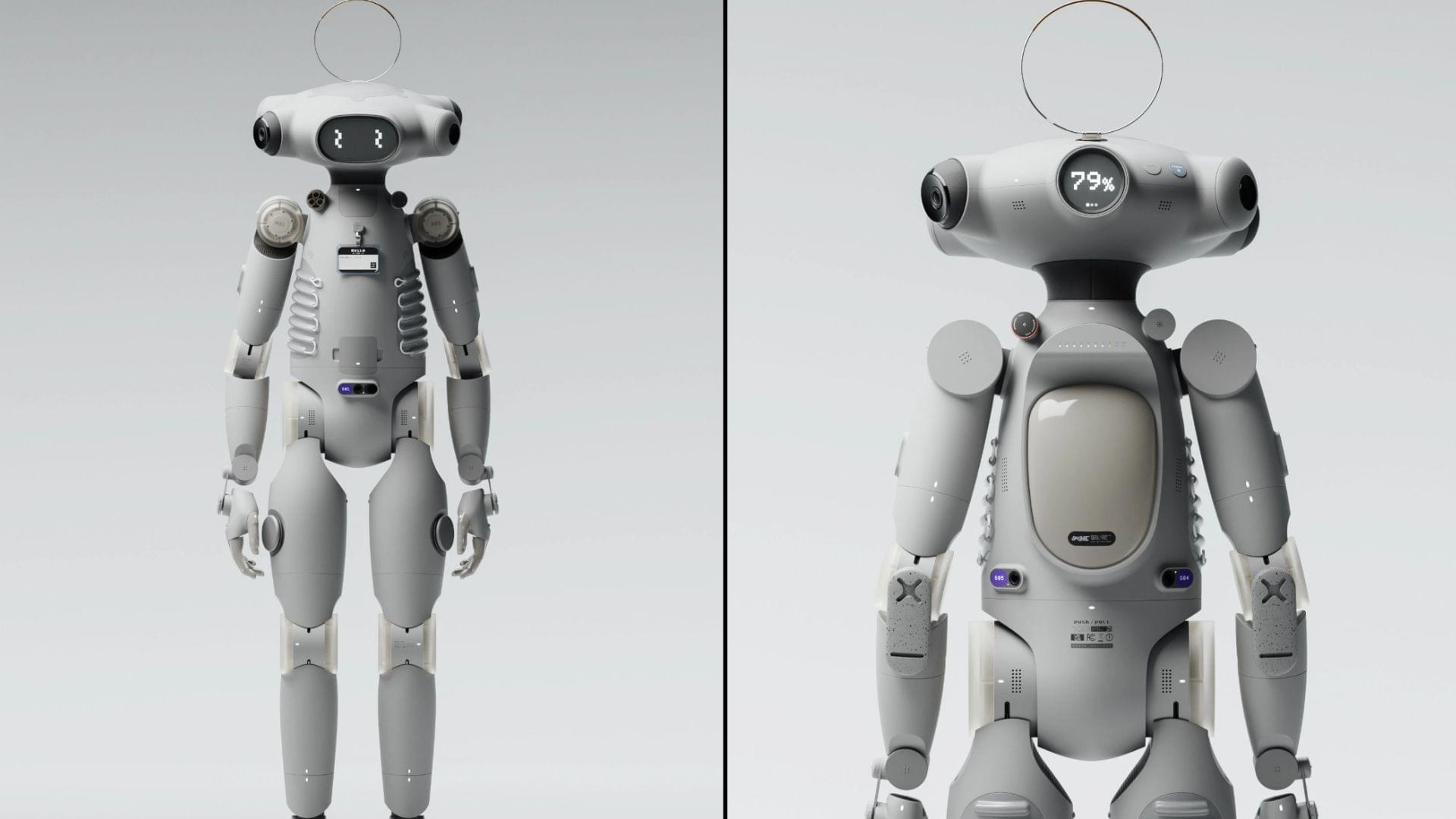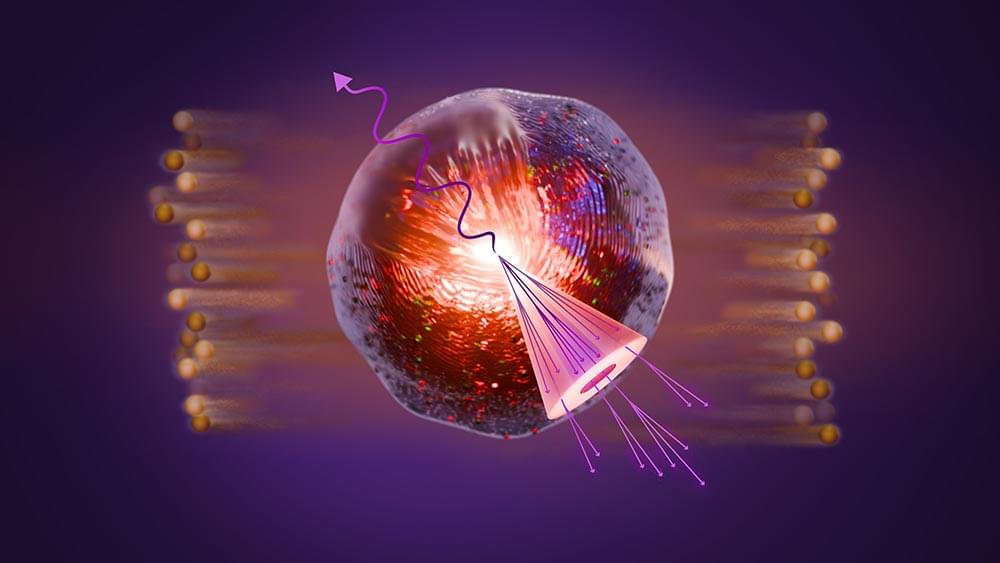US scientists decode diamond fusion fuel capsules’ flaws to maximize energy output.
A new study reveals how diamond capsules used in fusion energy experiments can develop flaws under extreme pressure.

China’s Huawei unveils world’s first 100MW charging hub to power 700 electric trucks daily.
Built with Huawei’s Megawatt Supercharging technology, this massive facility serves over 700 trucks daily.




Many groups of scientists studying jets at RHIC have focused on a phenomenon known as jet quenching, an apparent suppression of energetic jets emerging from the QGP. The idea is that jets are losing energy through their interactions with the QGP.
RHIC’s measurements of jet quenching to date have focused primarily on the most energetic, leading jet particles, because they are straightforward to measure. However, such leading particles provide only limited insight into the process. The new results from STAR reconstruct a wider correlated spray of particles making up the jets, revealing much more detail about how the QGP is “excited” and responds to the jet — and where the “lost” energy goes.
The new analysis, for the first time, included the reconstruction of jets produced back-to-back with photons.
Also known as “red sprites”, this phenomenon is rarely seen from Earth.

Ryugu is another asteroid for which we have a sample, collected by the Hayabusa-2 mission. Despite their differences, Ryugu and Bennu also share similarities, and Ryugu, too, had plenty of organic materials, simply not as much of them.
Bennu’s parent body seems to have formed from a really different set of materials from across the Solar System, and it might have formed further away from the Sun, too.


A new study led by computer scientists at the University of California, Davis, reveals that generative AI browser assistants collect and share sensitive data without users’ knowledge. Stronger safeguards, transparency and awareness are needed to protect user privacy online, the researchers said. A new brand of generative AI, or GenAI, browser extensions act as your personal assistant as you surf the web, making browsing easier and more personalized. They can summarize web pages, answer questions, translate text and take notes.